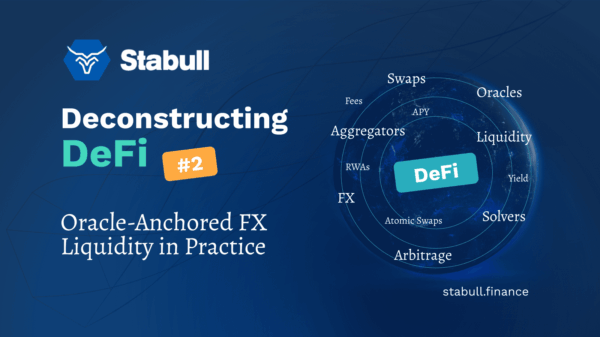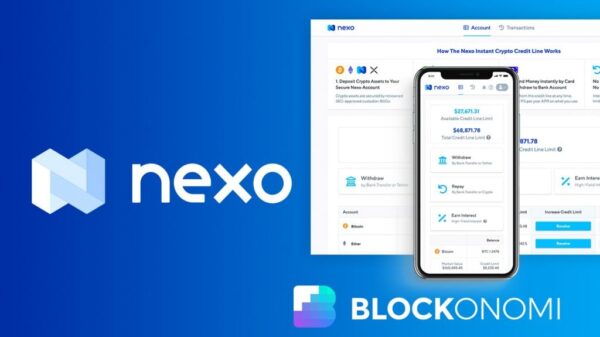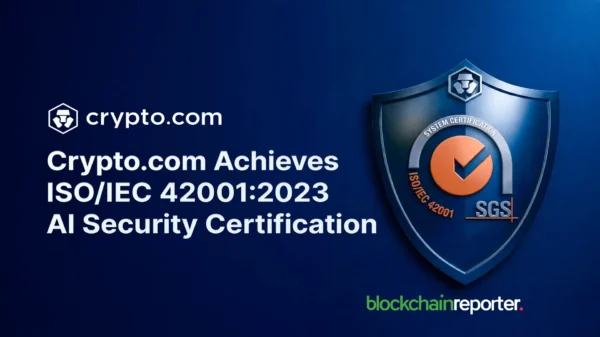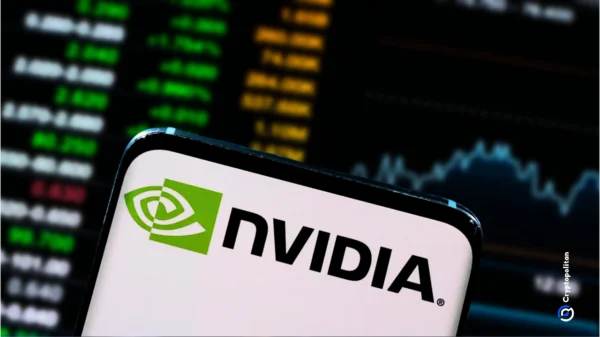Bitwise Asset Management”s proposed spot Chainlink ETF has recently surfaced on the Depository Trust and Clearing Corporation (DTCC) registry, a move that typically indicates an approaching launch. This listing, marked by the ticker symbol CLNK, is currently categorized as “pre-launch,” according to the DTCC.
While this registration does not confirm that the U.S. Securities and Exchange Commission (SEC) has given its approval, historical patterns show that such listings often precede imminent approval. In the meantime, Grayscale Investments is also working on its own spot Chainlink ETF. However, analysts believe that Grayscale”s proposal may face increased regulatory challenges due to its plan to incorporate staking—a method that allows the firm to earn rewards by validating network transactions. Although staking could attract investors, it raises additional queries for the SEC about yield generation within ETFs.
In contrast, Bitwise”s ETF structure is more straightforward, focusing exclusively on price tracking, which may facilitate a smoother regulatory process. The ongoing U.S. government shutdown, now extending into its 42nd day, has impacted the broader landscape of crypto ETF approvals. With the SEC operating with limited resources, several pending ETF decisions have been delayed. However, there are indications that the shutdown may conclude soon, following the Senate”s passage of a funding bill that could allow the SEC to resume full operations.
The Chainlink ETF is part of a wider trend of increased interest in spot ETFs linked to altcoins. A growing number of crypto asset managers are filing for ETFs associated with tokens such as Solana (SOL), Dogecoin (DOGE), Avalanche (AVAX), Hedera (HBAR), and Aptos (APT). This surge illustrates a rising appetite among investors for opportunities beyond Bitcoin and Ethereum, thereby enhancing institutional engagement with alternative digital assets.
Industry experts anticipate a quicker approval process for ETFs under new SEC generic listing standards introduced on September 17. These updated guidelines allow certain crypto investment products to be listed without the need for a case-by-case review, potentially streamlining the approval mechanism. However, the subsequent government shutdown began just days later, limiting regulators” ability to implement this new framework effectively.















































































